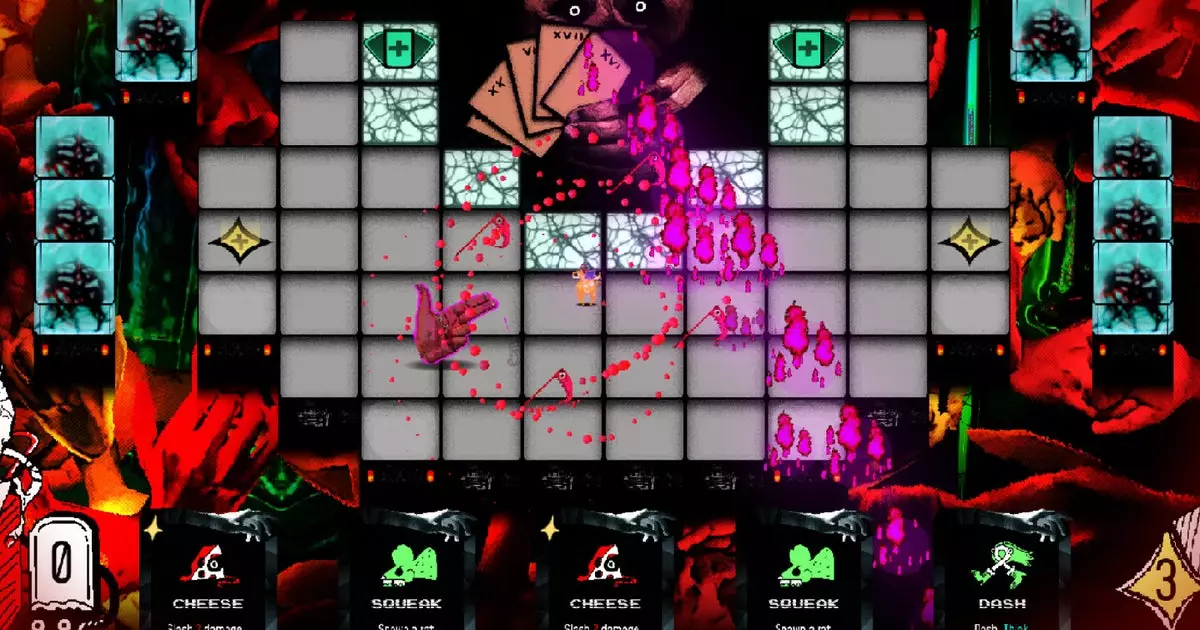In the puzzling realm of indie gaming, few titles encapsulate the bizarre charm and vibrant chaos as effectively as LYMBUS: Incomplete Edition. Developed by Happy Accident Studios, this game plans to plunge players into a kaleidoscopic blend of roguelike mechanics and bullet hell action, alongside an innovative card gameplay system that promises to gobble up both time and sanity. The overarching theme is compelling yet disconcerting; players are tasked with navigating the fragmented memories of humanity, set against a backdrop of catastrophic technological failure. The premise itself—a deep dive into the collective unconscious—coupled with the abstract visual aesthetics, beckons players to question not just what they are playing, but why they engage in such unfathomable experiences.
At the heart of LYMBUS lies a card-based combat system that is both ingenious and maddening. Instead of standard controls where players can execute actions freely, here, every engagement revolves around the careful selection and strategic manipulation of cards. Each card serves distinct purposes—be it attacking, dodging, or parrying—and they come with their own costs, demanding careful resource management. As characters dart about the screen in chaotic confrontations, the frantic pace simultaneously rewards quick thinking and punishes hesitation. Coupled with a real-time combat structure, where every second encapsulates life and death, players are thrown into a relentless whirlwind. The very act of switching between cards becomes a strategic ballet; one second of indecision can mean the difference between victory and the end of your run.
Set in an ambiguous future—referred to simply as 19XX—LYMBUS delves into the psychological ramifications of technological advancement. The narrative underscores themes of memory and identity, where players are not just avatars engaged in combat but are embroiled in an existential quest to reclaim lost experiences that define humanity itself. This complex interplay between technology and human fragility resonates deeply, inviting contemplation beyond mere gameplay. The chaotic scenery and frenetic action serve to highlight the underlying narrative’s solemnity, creating a meaningful juxtaposition that challenges players to think critically about their environment, both virtual and real.
As LYMBUS prepares to launch later this year, there’s an undeniable buzz surrounding its arrival in the gaming community. Its eclectic mix of genres and thought-provoking themes sets it apart from conventional titles that populate the market. However, the ambitious design and inherent challenges may serve as double-edged swords, as its intrinsic complexities could either alienate casual gamers or immerse dedicated players profoundly. The enthusiasm is palpable; yet caution is warranted. For those eager for offbeat experiences fused with strategic demands, LYMBUS: Incomplete Edition promises a captivating journey through chaos and cognition—an experience not to be trivialized.
LYMBUS pushes boundaries not only in gameplay but also in how narratives can be intertwined within gaming experiences. Moving beyond mere entertainment, it beckons players to engage with larger questions about memory, identity, and the very essence of humanity in the digital age.


Leave a Reply